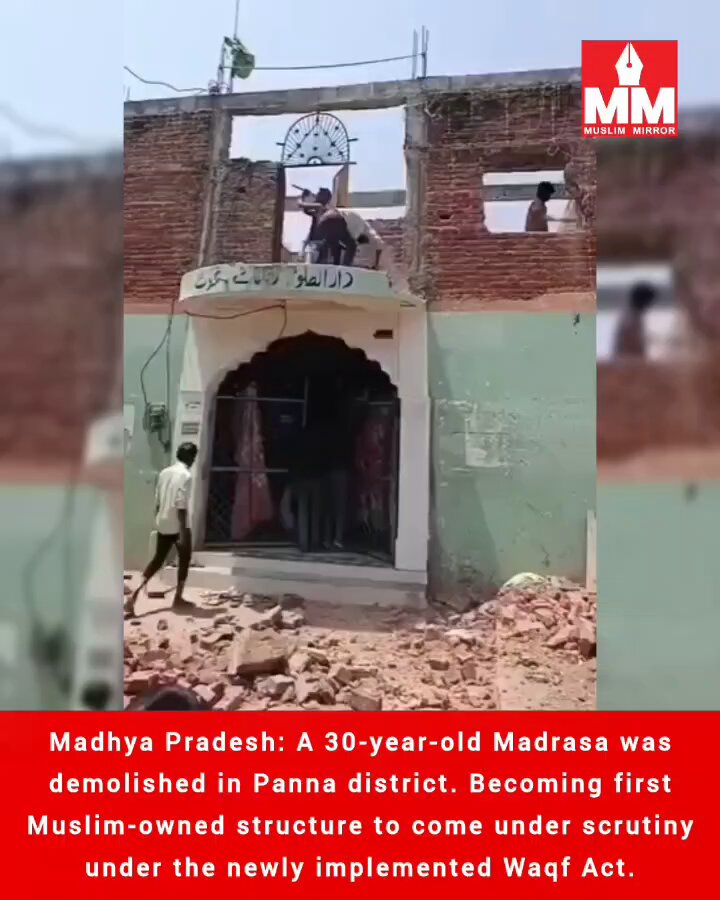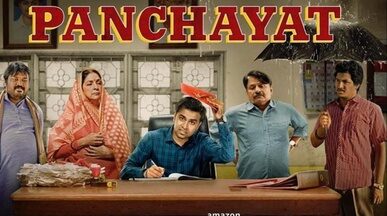A madrassa constructed without official authorization in Madhya Pradesh’s Panna district was voluntarily dismantled by its operators on Saturday, following directives from local authorities. This marks the first such action since the enactment of the Waqf Act, 2025, which has introduced significant changes to the management of waqf properties across the country.
Administrative officials stated that notices were issued to the madrassa’s operators after a complaint was lodged by a local resident from the Muslim community. The complaint was subsequently taken up by Bharatiya Janata Party president VD Sharma, leading to official intervention. The operators, upon receiving the notice, chose to dismantle the structure voluntarily to comply with the new legal framework.
The Waqf Act, 2025, recently passed by Parliament, has been a subject of extensive debate. The legislation introduces non-Muslim members into waqf boards and grants increased oversight powers to government officials, including district collectors, to determine the status of disputed waqf properties. Supporters of the Act argue that these measures are designed to enhance transparency and reduce corruption in the management of waqf assets. Conversely, critics contend that the amendments infringe upon the constitutional rights of Muslims and could lead to the appropriation of historically significant religious properties lacking formal documentation.
The Indian Union Muslim League has filed a petition in the Supreme Court challenging the constitutional validity of the Waqf Act, 2025. The party asserts that the Act imposes arbitrary restrictions and enhances state control over Islamic religious endowments, thereby violating Articles 14, 15, 25, and 26 of the Constitution. Similarly, the Dravida Munnetra Kazhagam has approached the Supreme Court, arguing that the Act adversely affects the rights of approximately 20 crore Muslims in the country.
The Act also proposes to rename the Waqf Act as the ‘Unified Waqf Management, Empowerment, Efficiency and Development Act, 1995.’ Among its provisions, it mandates the inclusion of at least two Muslim women on the Central Waqf Council and State Waqf Boards, aiming to promote gender equality. Additionally, it empowers the Central Government to establish rules for waqf registration, auditing, and accounts, with the goal of ensuring greater transparency and accountability.
In the case of the Panna district madrassa, the operators’ decision to voluntarily demolish the unauthorized structure reflects the immediate impact of the new legislation on ground-level religious institutions. This incident has ignited discussions among community leaders and legal experts regarding the broader implications of the Act on the autonomy and management of waqf properties nationwide.



 Centre to Challenge Supreme Court’s Directive on Timely Assent to Bills
Centre to Challenge Supreme Court’s Directive on Timely Assent to Bills 